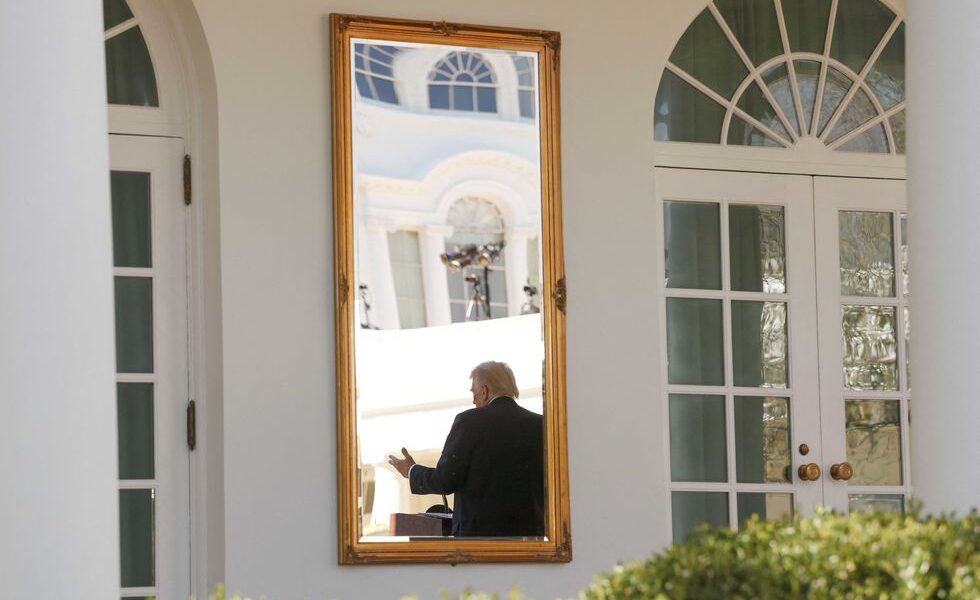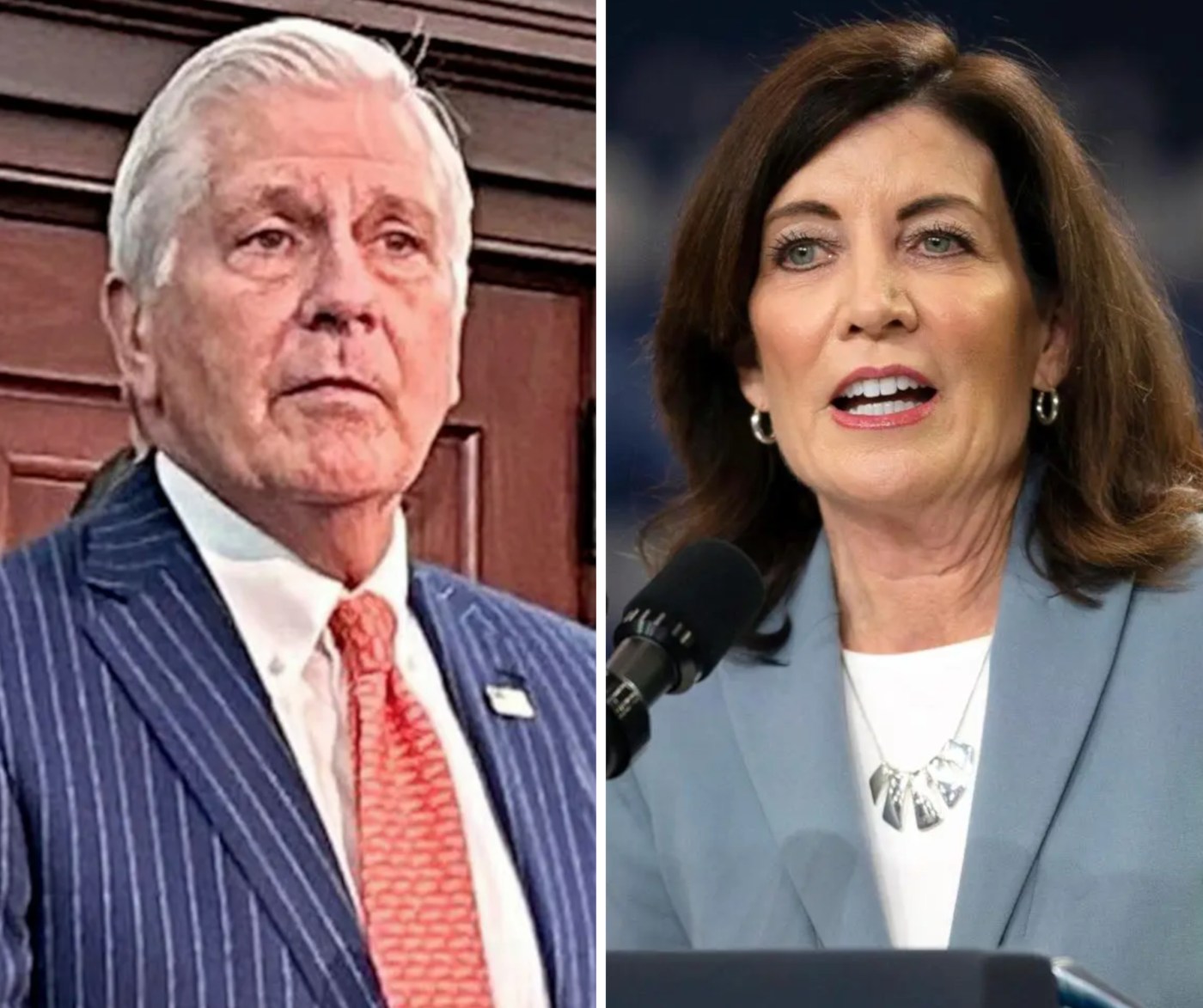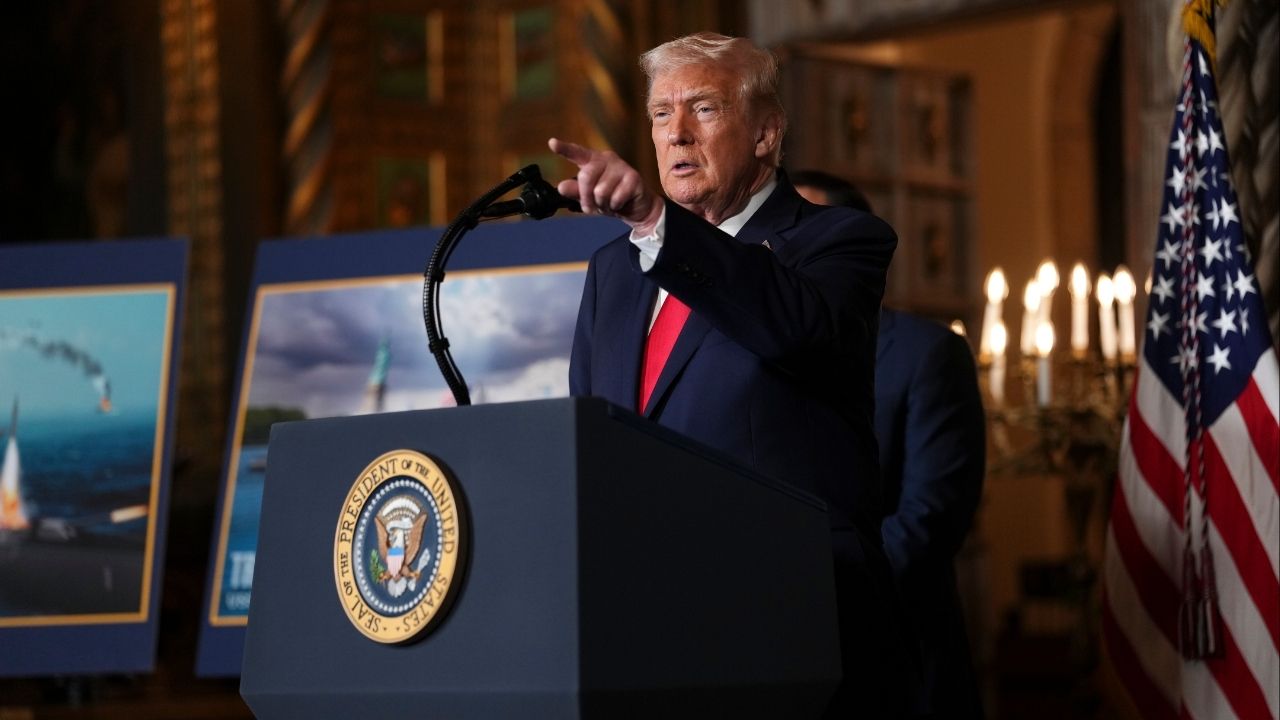Donald Trump is pursuing a substantial claim against the U.S. Treasury, seeking $230 million in compensation related to legal challenges he faced from the U.S. Department of Justice. This request arises from accusations of criminal activities, including the mishandling of classified documents and attempts to undermine the 2020 presidential election. Trump’s previous actions, such as his public entreaties to Vladimir Putin to release information detrimental to his opponent, Hillary Clinton, have drawn significant scrutiny.
The decision regarding Trump’s demand for taxpayer funds will primarily rest with Pam Bondi, who heads the U.S. Department of Justice. Critics have expressed concern that Republican lawmakers may remain silent on the issue, potentially allowing Trump to leverage his previous political influence. Bondi’s history as former Attorney General of Florida, where she faced criticism for her connections to Trump and Jeffrey Epstein, adds another layer of complexity to the situation.
Historical Context and Modern Implications
Trump’s actions are seen by many as reflective of a broader trend toward a system that favors the wealthy at the expense of the working class. An examination of U.S. history reveals a contrast between the expansive government programs established from 1933 to 1981, which aimed to benefit the average American, and the policies that have emerged over the past four decades. During the earlier period, significant legislation, including Social Security, the right to unionize, and various safety regulations, contributed to the formation of a robust middle class.
Since the inauguration of Ronald Reagan in 1981, critics argue that there has been a marked shift towards neoliberal policies that prioritize corporate interests over those of ordinary citizens. This has fostered what some describe as a second gilded age, where the gap between the rich and the poor continues to widen dramatically.
The current political landscape has raised fears about the erosion of democratic principles. As described by political analysts, America is at a crossroads. Will citizens mobilize to challenge what many see as Trump’s attempts to undermine democratic institutions, or will complacency allow for a further drift towards authoritarianism?
Public Response and Future Prospects
Public engagement is crucial in addressing the issues at hand. Advocates for accountability encourage citizens to contact their representatives, particularly those in the Republican Party, to express their concerns. The number to reach members of Congress is 202-224-3121.
As the situation unfolds, the actions of Trump and his allies, including figures like Stephen Miller, who has described Democratic voters in alarming terms, signal a potential shift toward a more authoritarian state. The implications of this trajectory could be profound, affecting the rights and freedoms of various groups within the United States.
The outcome of these pressing issues will largely depend on public mobilization and the willingness of elected officials to uphold democratic norms. The challenge remains: will citizens actively push back against corruption and strive for a government that serves all its people, or will the current trajectory lead to a further entrenchment of power among a select few? As history has shown, the engagement of the populace is key to preserving democracy and ensuring accountability in governance.







